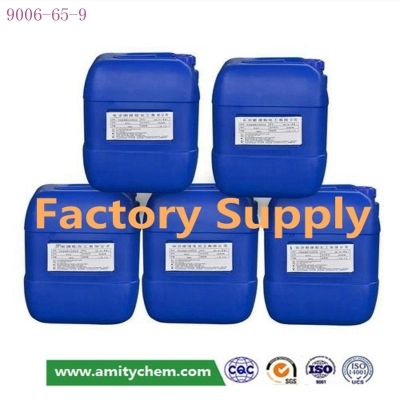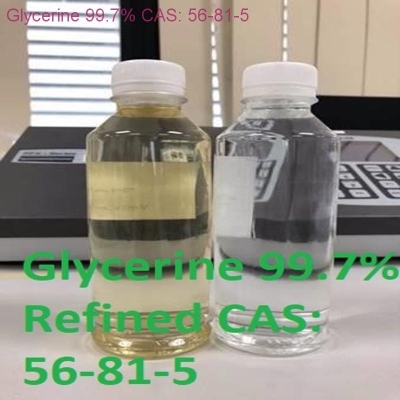-
Categories
-
Pharmaceutical Intermediates
-
Active Pharmaceutical Ingredients
-
Food Additives
- Industrial Coatings
- Agrochemicals
- Dyes and Pigments
- Surfactant
- Flavors and Fragrances
- Chemical Reagents
- Catalyst and Auxiliary
- Natural Products
- Inorganic Chemistry
-
Organic Chemistry
-
Biochemical Engineering
- Analytical Chemistry
- Cosmetic Ingredient
-
Pharmaceutical Intermediates
Promotion
ECHEMI Mall
Wholesale
Weekly Price
Exhibition
News
-
Trade Service
This article is the original of Translational Medicine Network, please indicate the source for reprinting
Written by Sophia
Current staging systems for tumor lymph node metastasis (TNM) do not provide sufficient information
for the prognosis and benefits of adjuvant chemotherapy in patients with gastric cancer.
Pathomics is an emerging field built on the foundation of digital pathology that may improve clinical management
.
Therefore, the researchers proposed a pathological feature (PS GC) derived from multiple pathoomic features
of hematoxylin and eosin stained slides.
Pathologic features (PS GC) have been found to be independent predictors of prognosis, and nomograms containing PS GC and TNM staging systems show significantly improved accuracy in predicting prognosis compared with TNM staging systems alone
.
In addition, satisfactory chemotherapy benefit
has been observed in patients with stage II and III gastric cancer with low PS GC (but not in patients with high PS GC).
Therefore, PS GC can be used as a predictor of prognosis in patients with gastric cancer and may be a potential predictor
of adjuvant chemotherapy decisions.
The research paper was published in
the journal Nature Communications.
#Abs1
Research background
01
Despite significant reductions in the incidence and mortality of gastric cancer, it remains an important contributor to the global cancer burden
.
At present, the tumor lymph node metastasis staging system (TNM staging system) is considered the cornerstone
of gastric cancer prognosis prediction and treatment decisions.
However, the latest TNM staging systems tend to stratify the prognosis of gastric cancer patients poorly
.
Adjuvant chemotherapy is recommended for advanced gastric cancer because it improves tumor outcomes, but the survival benefit of adjuvant chemotherapy varies widely
even in patients at the same stage of disease and in patients receiving similar regimens.
These findings suggest that the current TNM staging system provides insufficient prognostic information to accurately identify patients who are more likely to benefit from adjuvant chemotherapy, highlighting the urgent need to discover new biomarkers associated with gastric cancer prognosis and adjuvant chemotherapy benefits
.
Research progress
02
The researchers developed two pathomics nomogram to predict OS and DFS
by combining four independent predictors: pathological features, depth of invasion, lymph node metastasis, and distant metastasis.
a Pathomics nomogram for OS, b Pathomics nomogram
for DFS.
The nomogram is first used to locate the patient's T-stage
on the depth of the invasive axis.
Then, draw a line directly up to the dot axis to determine the number of
points the patient has gained from stage T.
Repeat this process for each variable and add
the scores obtained from each risk factor.
Finally, the sum is located on the
total point axis.
A line is drawn directly down to find the patient's probability
of survival.
The results of the study showed that: 1.
Higher PS GC is associated with
a higher risk of recurrence or death.
2.
The use of pathomics nomogram to predict OS and DFS provides more benefits than using all treatment regimens or no treatment regimen, indicating that pathology nomogram is clinically applicable
.
3.
PS GC can provide additional prognostic value
for the TNM staging system in gastric cancer patients.
4.
PS GC can identify stage II and III gastric cancer patients
who may benefit from adjuvant chemotherapy.
Research significance
03
Clinically, accurate prediction of prognosis and adjuvant chemotherapy are integral to
risk stratification and management of gastric cancer patients.
Pathoomics is a novel approach that has been used to explore tumor heterogeneity as varying degrees of disease progression, clinical outcomes, and treatment response correspond to a range of histological features
of different tumor cells.
Traditional pathology is performed by an experienced pathologist at multiple magnifications to assess the characteristics of tumor cells; However, pathologists do not and cannot routinely describe more detailed information
for each slide.
Therefore, pathomics can serve as a reliable method
to complement traditional pathological evaluation.
The findings suggest that pathomics analysis reflects tumor heterogeneity, which is a potential indicator
of prognosis and chemotherapy response in gastric cancer patients.
Therefore, pathoomics analysis may also be appropriate to assess response and outcome of neoadjuvant chemotherapy, but further investigation
is required in this specific context.
Resources:
#Abs1
Note: This article is intended to introduce the progress of medical research and cannot be used as a reference
for treatment options.
If you need health guidance, please go to a regular hospital
.
Referrals, live broadcasts/events
November 18 14:00-17:30 Shanghai
Cell and gene therapy R&D and industrialization salon
Scan the code to participate for free
November 24-27 09:00-17:30 Shanghai
The 4th Shanghai International Cancer Congress
Scan the code to participate for free







